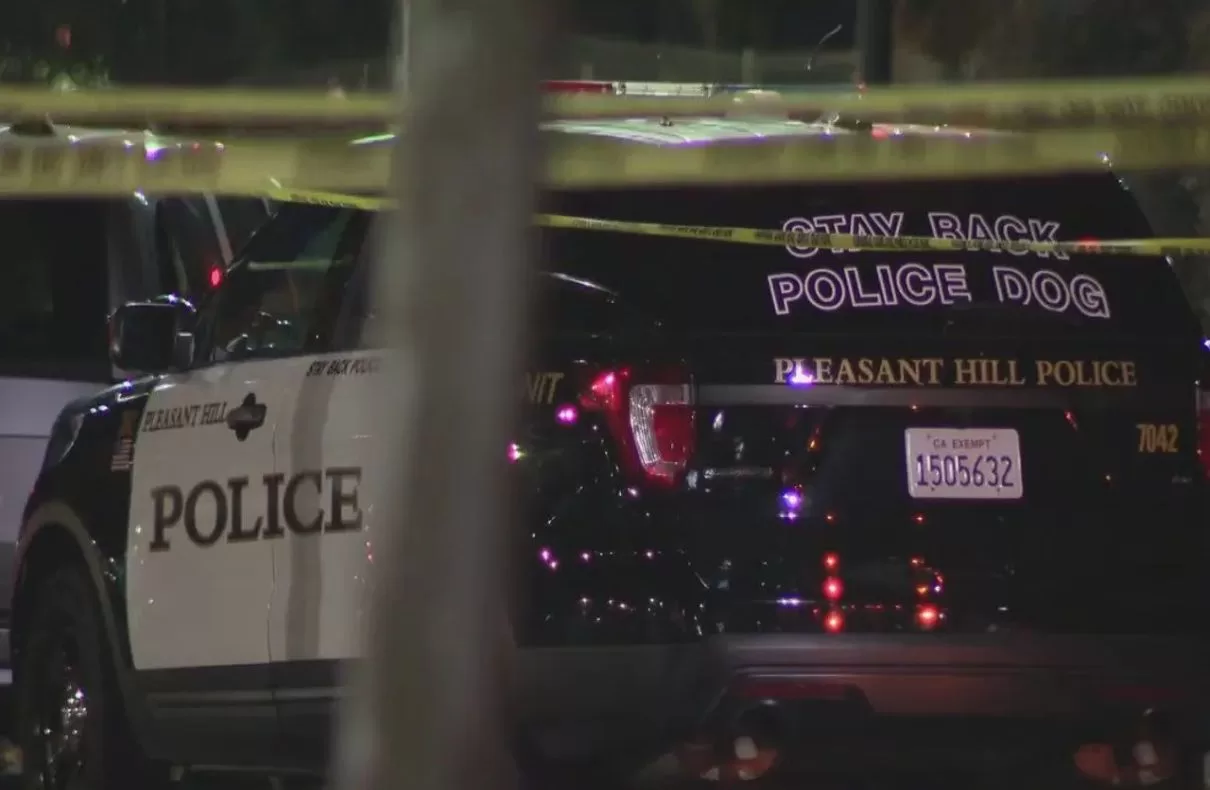Saturday, quarter past three, Federal Party Convention of the FDP in the “Station Berlin”. MP Michael Kruse has talked himself into a rage. It’s about heaters. Why else these days? So Kruse talks about what’s wrong with the building energy law, which is currently causing so much controversy, from the house of Green Economics Minister Robert Habeck. Quite a lot, according to him.
It’s about gas networks, building insulation, and investment incentives. A technical topic, but it affects everyone, it emotionalizes and unsettles. For the FDP, it is also an outlet for their dissatisfaction in the traffic light coalition. For the past few months, it’s almost seemed like they’re channeling all of their frustration at the traffic light and pouring it into this argument.
Sometimes external opponents cover up internal conflicts. The FDP, deeply unsettled by the lost state elections and poor poll numbers in recent months, has found a moment of unity in this. It’s a good time for the party.
Different points of view
Because: In the FDP, different points of view on how to deal with the misery of the party have developed in the past few months. Attack more or set forward-looking priorities yourself? This is roughly how the two poles of the debate can be described. But more on that later.
Because at the party congress, the strategy of the FDP for the future plays a subordinate role. Instead, they practice demarcation. To Habeck, but also to the CDU and CSU, which have positioned themselves unusually socially in a tax concept.
Back to Deputy Kruse. In an amendment, he calls for nobody to be “forced” to pay costs that are “disproportionately high”. Instead, the building sector should be included in emissions trading. The amendment is accepted, no surprise.
The discussion shows how the FDP deputies feel in the traffic light coalition: the more modest see themselves as a necessary corrective. Those who tend to overestimate themselves immediately see themselves as the saviors of the republic.
It is the second time in a few months that the party has reached such a consensus. Most recently, this was the case in the fight against the end of combustion engines at EU level. FDP Minister of Transport Volker Wissing opposed this and asserted that vehicles with combustion engines may continue to be registered from 2035, provided they are operated with climate-neutral e-fuels .
Trouble is almost bliss for the party
Despite all the anger about it, one could say that it is almost lucky for the FDP that the combustion engine debate is now having such a unifying effect on the party. Not only the party and parliamentary group, but also the ministers are of the opinion that changes are needed. Finance Minister and party leader Christian Lindner had also deposited this in a memorandum in the cabinet.
The discussion has another advantage: the building energy law, like the debate about the combustion engine off, is a vivid example from which the grassroots can also see how the FDP can influence laws in the unloved traffic light coalition.
The debate about the strategic orientation of the FDP is almost forgotten about the content. The party congress also offers interesting insights: Unlike the chairman Lindner, who received 88 percent of the delegate votes and achieved a good result, the deputies Wolfgang Kubicki and Johannes Vogel were elected with 72 and 71 percent respectively. They stand for different strategies – Kubicki for attack, Vogel for a progressive milieu expansion.
The results weren’t good for either of them. Possibly a sign that the party wants more unity than polarization.

